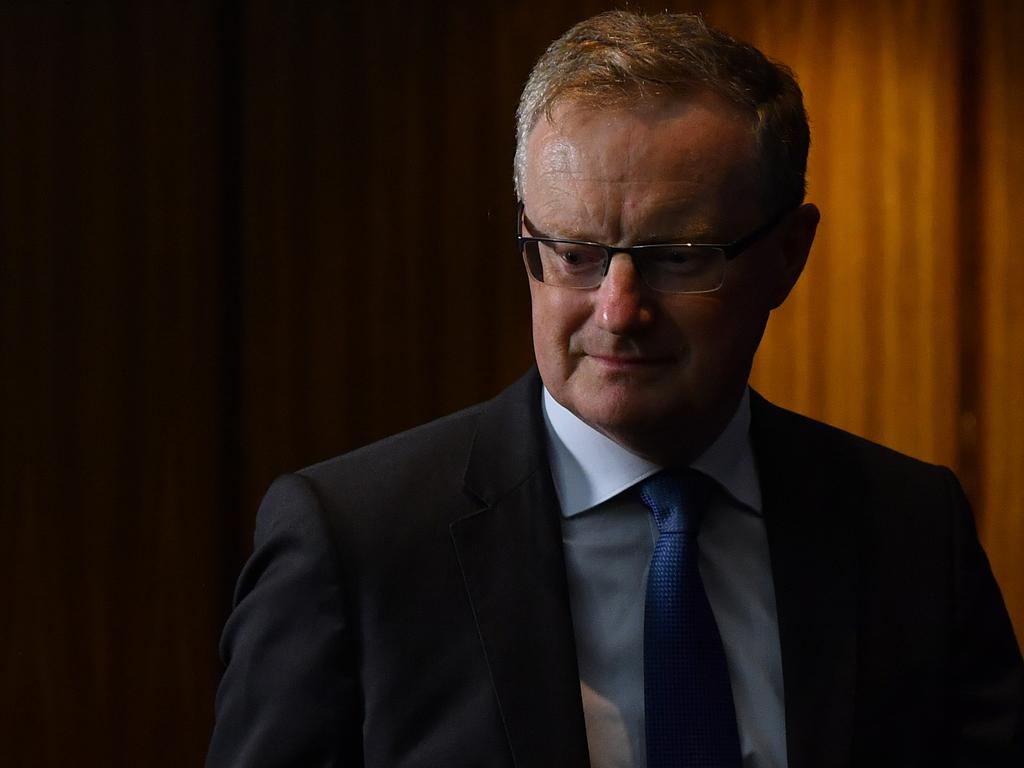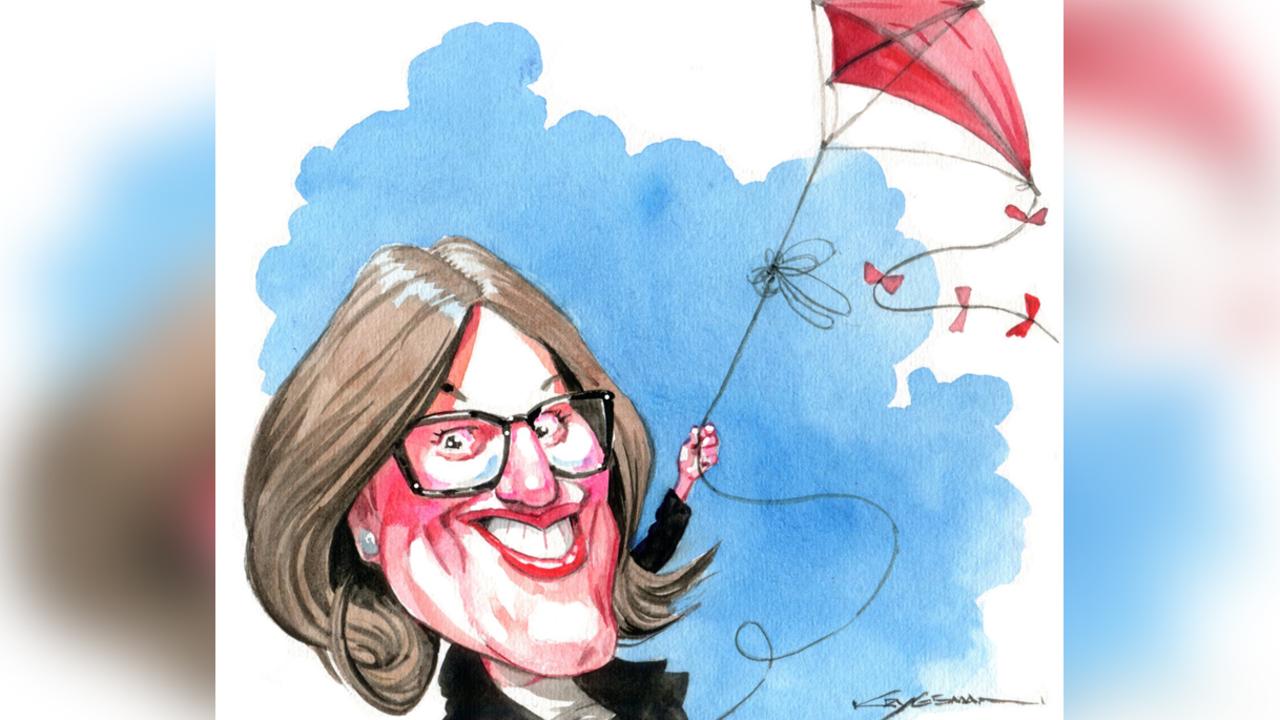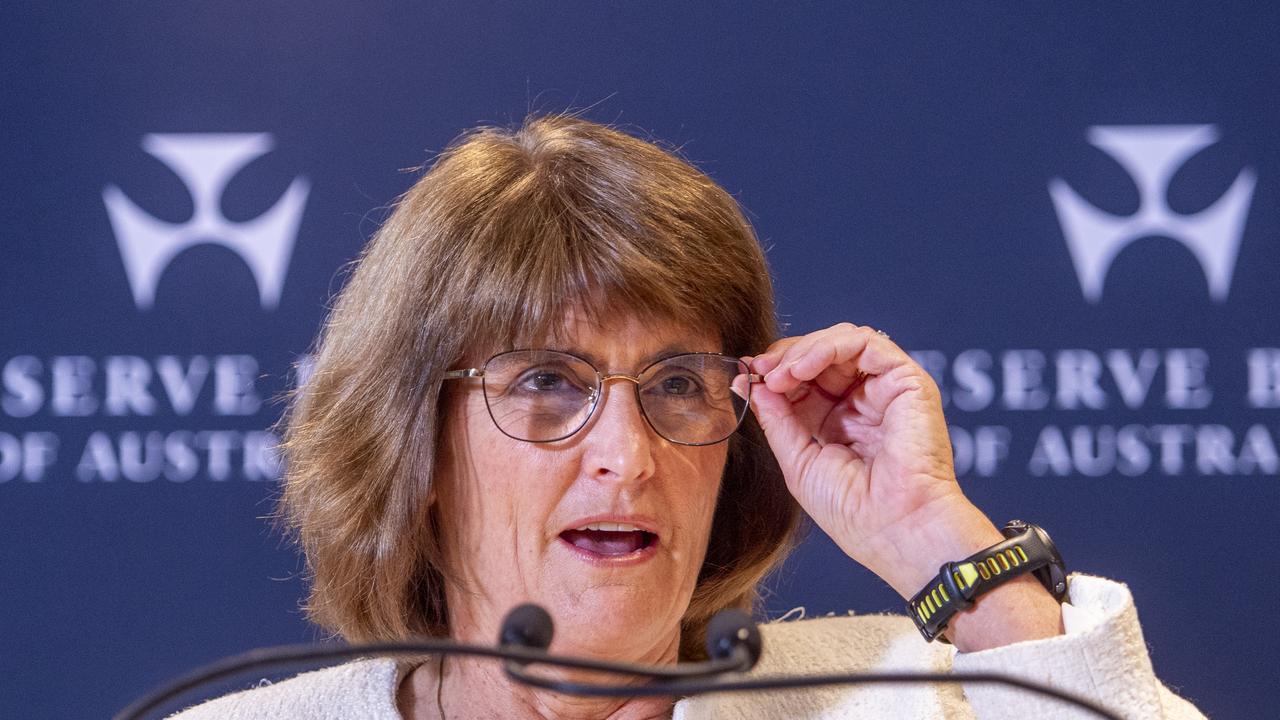Retail heavyweights weigh up response to Melbourne lockdown
The latest lockdowns in Victoria are likely to hit small businesses hardest, say economists, as retail heavyweights weigh up shutting their Melbourne stores
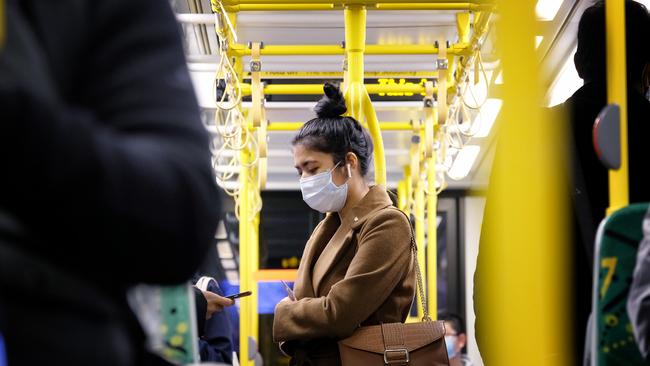
A new round of lockdowns across Melbourne could deepen the economic slowdown as major retailers, hospitality operators and entertainment businesses make preparations for a prolonged state of uncertainty.
Companies are also emptying out their office towers as harsher restrictions are applied and reworking their supply chains as the closure of the Victorian border bites into their networks.
Retailers including Solomon Lew’s Premier Investments, listed giants Myer and David Jones were late on Tuesday weighing up whether to shut down their operations as the impact of Victoria’s repeated lockdown was again felt.
The billionaire shut down his stores during the initial outbreak, as did Myer, but David Jones stayed open and shopping centres will stay open in Australia’s second-largest state.
The dramatic lockdown of Melbourne saw listed companies hammered on the Australian Securities Exchange, with travel, shopping centre and gambling companies plunging in afternoon trade on fears their operations would be hampered by the coronavirus re-emerging in Victoria.
Casino operator Crown was slammed towards the end of trading, while commercial property operators Vicinity and Scentre felt the pain on the ASX, both down more than 4 per cent for the day.
Flight Centre was off 4 per cent, with managing director Graham Turner telling The Australian the share prices of travel companies and airlines were totally dependent on government direction.
“If they lifted the restrictions tomorrow, the share price would change again,” said Mr Turner, commenting on the drop in Flight Centre’s his share price.
“We don’t have any control over that.”
Mr Turner said that from a business and leisure point of view, just having had the Queensland and NSW borders open was already helping.
“Australia, like Europe and the UK, needs to learn to live with the virus. It’s going to be around for 10 years, maybe 100 years. We have to learn to live with it and keep it under control so hospitals are not overloaded,” he said.
“I think the politicians have come to the realisation that there will be third and fourth outbreaks of it in Australia, it’s nothing unusual. It’s a very contagious virus, it will be around for a long time.”
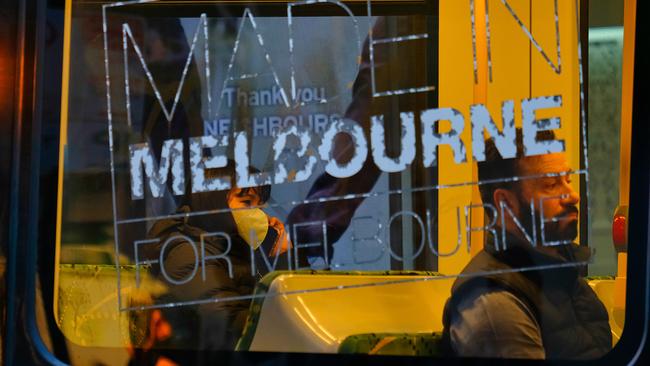
Victorian Premier Daniel Andrews said the renewed lockdowns would last at least six weeks, with businesses once again cut back to stage three restrictions. People would again be required to work from home if they could, while travel out of metropolitan Melbourne would be curtailed. “You will be able to go out to work if you have to, to go shopping for things you need if you need them,” Mr Andrews said.
The slug to the state’s economy will result in it lagging the remainder of the country and deepen the impacts of the recession in the region, potentially putting a drag on the broader national recovery.
A spokesman for Myer said no decision had been reached regarding its 11 stores in the greater Melbourne area, while David Jones is understood not to have made a decision regarding the fate of its Melbourne shops.
The impact of the lockdown is expected to be wide ranging, affecting not only business operations in the state, but forcing companies to allocate resources away from Melbourne as business activity and consumer sales slow and employment stalls at a time when confidence and balance sheets are already weakened.
Wesfarmers, owner of Bunnings, Kmart and Officeworks, said none of its locations in the Melbourne metropolitan area would close.
“The group’s retailers are not closing any stores and the approach continues to be to follow government advice and ensure all our stores and DCs are following all guidelines to keep trading safely,” a spokeswoman said.
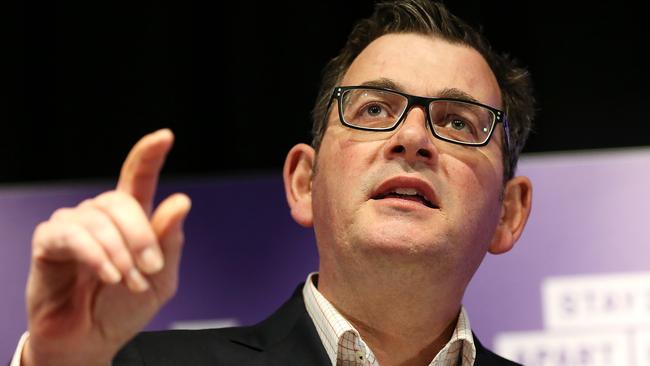
Bunnings has already felt the sting of COVID-19 after a worker at its Craigieburn store, in Melbourne’s northwest, tested positive on Monday.
Crown, which had reopened its restaurants but not its gaming floor, said it was aware of the latest restrictions as it shares fell 3.6 per cent. “Crown’s first priority is the health and safety of its employees, guests and the community,” a Crown spokeswoman said.
Toll-road operator Transurban, which controls the CityLink in Melbourne, is believed to be expecting road usage to remain flat as levels were still depressed by work-from-home orders that were already in place in Victoria.
Transurban’s Melbourne business was slashed by 60 per cent at the height of the first lockdown in April, before recovering to 30 per cent below normal levels in June.
IMF Investors chief economist Alex Joiner said this latest lockdown would hit smaller businesses hard, but major retailers would probably do well.
“It was pretty evident in retail trade numbers last week. Large businesses aren’t doing too bad. Their sales are up 6 per cent since January. Bunnings and Woolies can stay open and people are needing those things,” Dr Joiner said.
“But small businesses’ retail sales are down 15 per cent since January.”
He said the latest shutdowns may affect any recovery, further cementing downbeat consumer sentiment.
“Where we’re going to have trouble is this is going to be a permanent confidence impact on businesses,” he said. “The restrictions might go for six weeks, but to get people to behave as they did prior to this crisis is going to be another challenge on that.”
ANZ senior economist Catherine Birch said the border closures and renewed Victorian lockdown came on top of already tanking consumer confidence in recent weeks. “But that confidence effect has been far more pervasive and now with the lockdowns, that is going to affect the majority of businesses and majority of economic activity and employment in Victoria,” Ms Birch said.
“Victoria, accounting for almost a quarter of the economic activity of Australia, it’s obviously going to have some impacts for the recovery.”
She said the return to lockdown would probably see people cut back on discretionary spending, which was likely to continue in the post-pandemic period.
“Going to a cafe or going away for a weekend, those will be the things households cut back on first,” she said.
AMP Capital chief economist Shane Oliver said the latest round of shutdowns would affect roughly 30 per cent of the Victorian economy. “The sectors are the same as before: hospitality, restaurants and cafes, accommodation, retailing. Obviously it’s good for online retailing but for anyone dependent on bricks and mortar it’s a double disaster now,” Dr Oliver said.
He said the impact would be felt for property and retail property owners “due to the ongoing pressure on vacancies”, toll-road operators, Melbourne airport, arts and culture, entertainments, cinemas, gyms and “consumer services generally”.
“Those who survived the first lockdown welcomed the earlier-than-expected reopening because they’d managed to survive, but now find they’ve got another one and their financial buffer isn’t great,” he said.
The problems created by this latest lockdown is expected to provide another hit to confidence despite record low interest rates and could prompt calls from cash-strapped businesses for relief.
The rifts in the economy exposed by the first lockdown, between landlords and retail chains, are expected to be resparked by the latest crisis, with widespread store closures tipped in malls and the travel industry bracing for the fallout nationally as Victorian tourists stay home and business travel is pushed back.
Commercial property operator Scentre, which owns Westfield shopping centres, said its Melbourne sites would remain open in accordance with “the advice of health and government authorities, as we have done throughout the pandemic.”
Vicinity Centres is more exposed to Victoria and will also stay open even as apparel retailers are tipped to shut.
Additional reporting Lachlan Moffet Gray, Ben Wilmot



